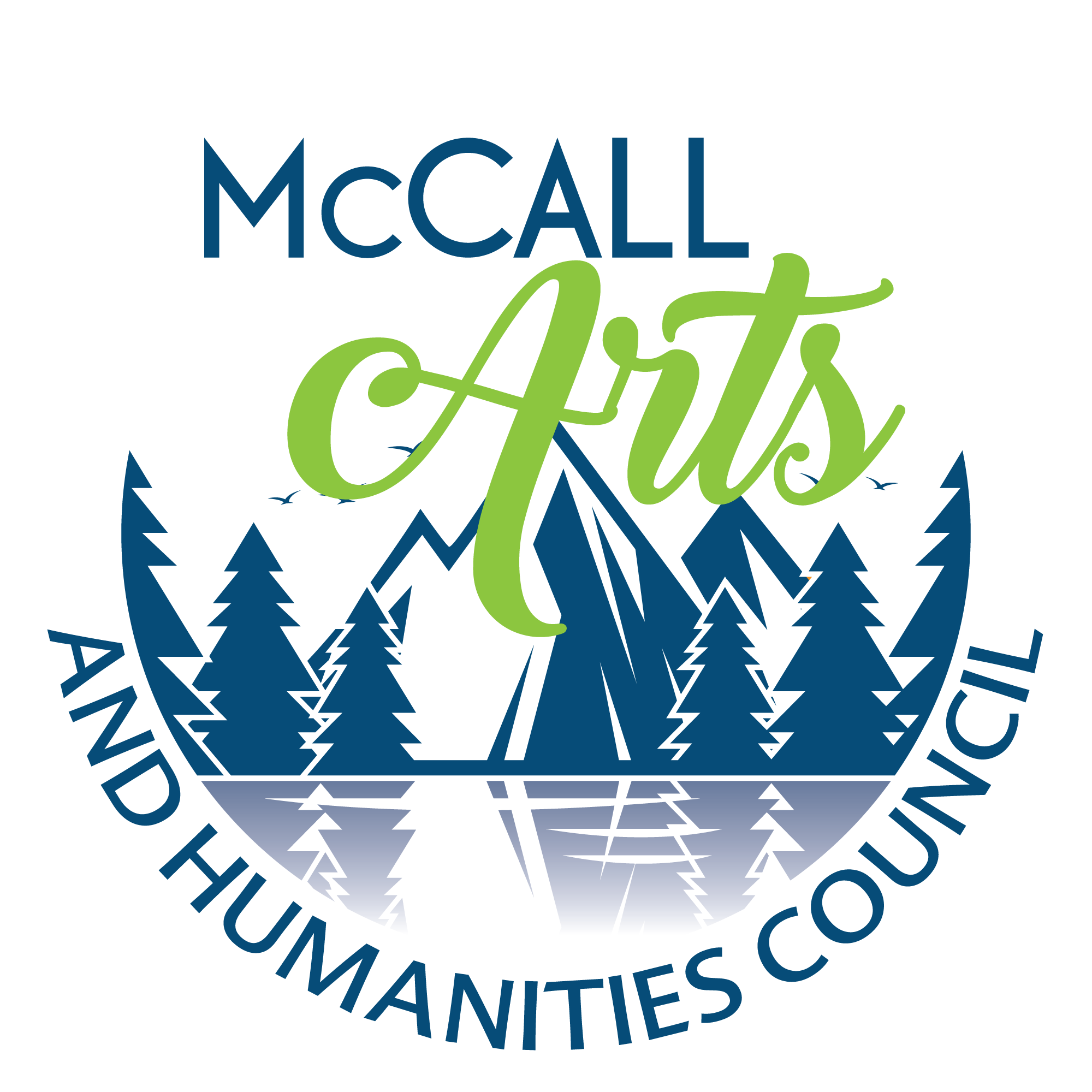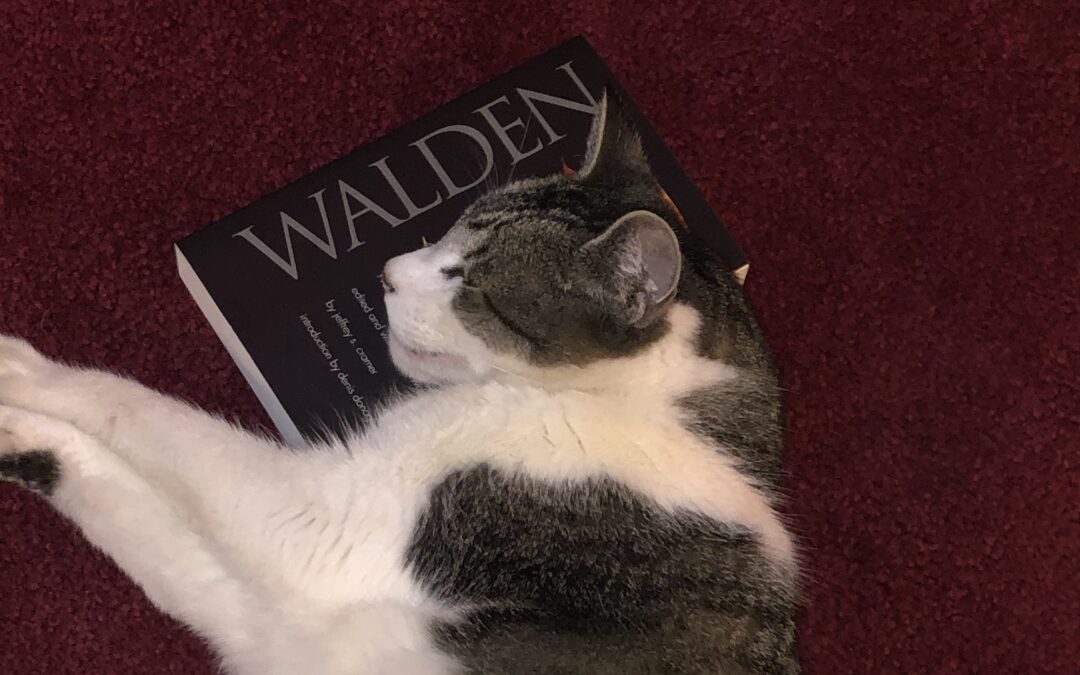with Renée Silvus Wednesday, January 24, 2024 Wednesday, March 27, 2024 5:30 – 7:00 pm Hotel McCall Library $10
From Henry~
Yoga
I think that we may safely trust a good deal more than we do….All change is a miracle to contemplate; but it is a miracle which is taking place every instant.
Conversations
I would rather sit on a pumpkin and have it all to myself than be crowded on a velvet cushion.
Seeing
This whole earth which we inhabit is but a point in space….Why should I feel lonely? is not our planet in the Milky Way?
Why Thoreau? He’s one of those writers who illuminates—you’ll find a challenge to think differently, a fresh approach to see the world, or simply a beautiful observation. He points us to live with more intention and awareness.
I’ve chosen short, bright excerpts and created what I hope are interesting activities. Come help me field-test some of these for my upcoming book on reading Walden. We will:
* Discuss some yoga philosophy as presented in Walden.
* Play with provocative passages in guided conversations.
* Explore how we see and respond to the world around us.
We’ll consider different passages in the two evenings, so come to one or both.
Why Yoga, Conversations, and Seeing?
Few people have approached the theme of Yoga in Walden. This may be related to misconceptions that yoga is only a physical discipline. As a long-time student, I see it infused throughout his writing. Thoreau notes in his Journal, “To some extent, and at rare intervals, even I am a yogi.”
The Conversations are passages that inspire prompts for lively and intentional discussions.
Seeing is an enduring theme with Thoreau. Consider “What I see is mine,” from the Friday chapter of A Week on the Concord and Merrimack River. From the Journal, “Could a greater miracle take place than if we should look through each other’s eyes for an instant?” From the “Sounds”chapter in Walden—”What is a course of history or philosophy, or poetry, no matter how well selected, or the best society, or the most admirable routine of life, compared with the discipline of looking always at what is to be seen?” That this opens the “Sounds”chapter is telling—we are invited to sensory awareness, to understand seeing as experiencing. Remember the language of seeing and sight is both literal and figurative, especially for a Transcendentalist. This reinforces the idea of owning what we see or experience, also present in Walden, “But I have retained the landscape, and I have since annually carried off what it yielded.”
See–doesn’t this sound interesting? Join us to help make it even more so.
| Ticket Type | Price | Cart |
|---|---|---|
| Inspired by Walden | $10 |

